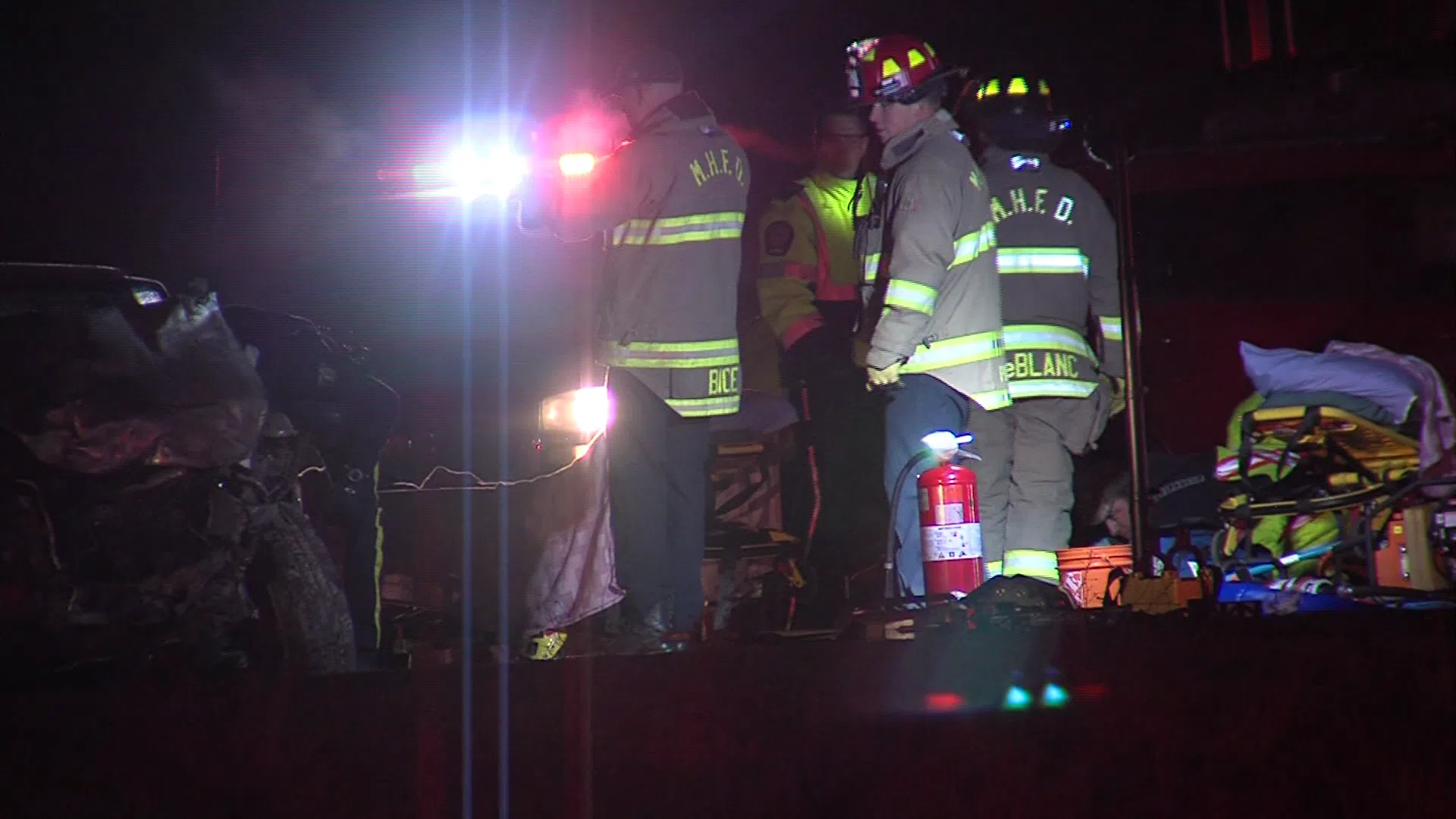
Blood expert testifies at Beisel trial
MEDICINE HAT – The trial for Curtis Beisel resumed Thursday morning at Medicine Hat provincial court.
A forensic blood expert took the stand providing testimony about Beisel’s blood alcohol level on the night of the collision.
Beisel, 56, was charged in January 2016 in connection with the collision near Dunmore on Dec. 17, 2015.
